This Election Was Close But Many Have Been Closer : A Well Thought Out Scream By James Riordan
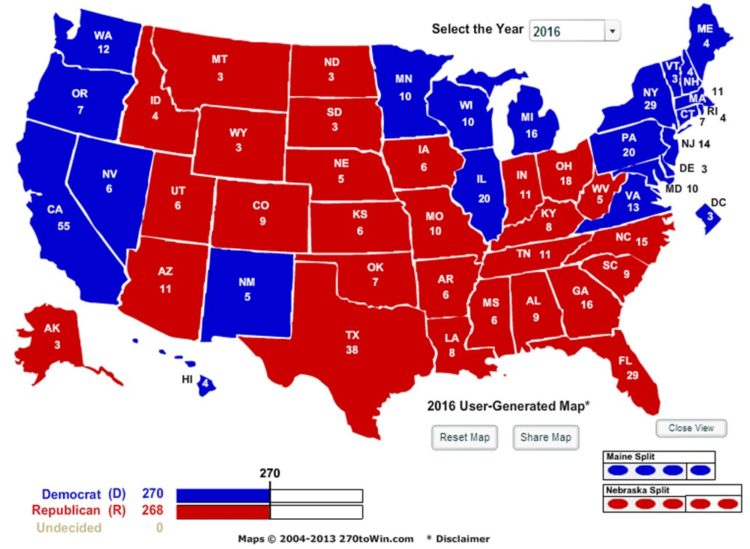
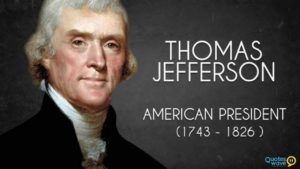
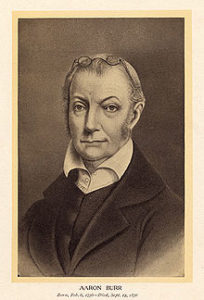 Across the country these days many people are agitated over the recent presidential election and many of them are talking about how close this election was, but the truth is many have been closer. The closest presidential election was the battle between Thomas Jefferson and Aaron Burr in the year 1800. That one ended in a tie with each man receiving 73 electoral votes. And not only that, but there were five candidates that year and the third place winner was former president John Adams with 65 votes with Charles C. Pickney being fourth with 64 votes. The last place candidate was John Jay with only one vote. Since Jefferson and Burr were tied, the House of Representatives chose the president. In a vote by the sixteen states that made up the United States at that time, 10 votes were cast for Jefferson, 4 for Burr and two states chose not ro vote at all (for the original method of electing the president and vice president in the elections of 1789, 1792, 1796, and 1800), see Article II, Section 1, of the Constitution).
Across the country these days many people are agitated over the recent presidential election and many of them are talking about how close this election was, but the truth is many have been closer. The closest presidential election was the battle between Thomas Jefferson and Aaron Burr in the year 1800. That one ended in a tie with each man receiving 73 electoral votes. And not only that, but there were five candidates that year and the third place winner was former president John Adams with 65 votes with Charles C. Pickney being fourth with 64 votes. The last place candidate was John Jay with only one vote. Since Jefferson and Burr were tied, the House of Representatives chose the president. In a vote by the sixteen states that made up the United States at that time, 10 votes were cast for Jefferson, 4 for Burr and two states chose not ro vote at all (for the original method of electing the president and vice president in the elections of 1789, 1792, 1796, and 1800), see Article II, Section 1, of the Constitution).
AARON BURR
JOHN ADAMS CHARLES PICKNEY JOHN JAY
By 1876 the Presidential election was between two parties, and Republican Rutherford B. Hayes won by one electoral vote over Democrat Samuel J. Tilden, 185 to 184. The results of that November 7th, 1876 election were not known until March 2, 1877, just three days before the inauguration.
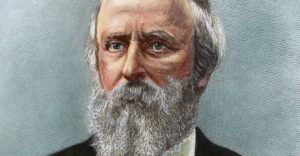 RUTHERFORD B. HAYES SAMUEL J. TILDEN
RUTHERFORD B. HAYES SAMUEL J. TILDEN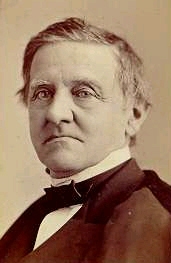
Of course, those elections are pretty much ancient history to modern political buffs, but another very close decision was the 1960 election where John F. Kennedy (D) defeated Richard Nixon (R) by only 84 Electoral Votes and won the popular vote by one tenth of a percent. That election, on Novem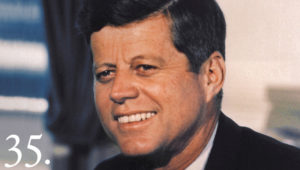 ber 8 1960, remains one of the most famous election nights in American history. As the early returns poured in, Kennedy opened a large lead in the popular and electoral vote, and appeared headed for victory. However, as later returns came in from the Western states, Nixon began to steadily close the gap. It was not until the afternoon of Wednesday, November 9 that Nixon finally conceded the election and Kennedy claimed victory. A sample of how close the election was can be seen in California; Kennedy appeared to have carried
ber 8 1960, remains one of the most famous election nights in American history. As the early returns poured in, Kennedy opened a large lead in the popular and electoral vote, and appeared headed for victory. However, as later returns came in from the Western states, Nixon began to steadily close the gap. It was not until the afternoon of Wednesday, November 9 that Nixon finally conceded the election and Kennedy claimed victory. A sample of how close the election was can be seen in California; Kennedy appeared to have carried 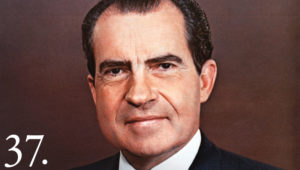 the state by 37,000 votes when all of the voting precincts reported, but when the absentee ballots were counted a week later, Nixon came from behind to win the state by 36,000 votes. In the national popular vote Kennedy beat Nixon by just one tenth of one percentage point (0.1%) – the closest popular-vote margin of the twentieth century. Kennedy carried 11 states by three percentage points or less, while Nixon won 5 states by the same margin.
the state by 37,000 votes when all of the voting precincts reported, but when the absentee ballots were counted a week later, Nixon came from behind to win the state by 36,000 votes. In the national popular vote Kennedy beat Nixon by just one tenth of one percentage point (0.1%) – the closest popular-vote margin of the twentieth century. Kennedy carried 11 states by three percentage points or less, while Nixon won 5 states by the same margin.
But the closest election of modern times was in 2000 when George W. Bush (R) defeated Al Gore (D) by only 5 electoral votes (271 to 266) and actually lost the popular vote by half a percentage point. That election featured a controversy over who won Florida’s 25 electoral votes (and thus the presidency), and included a recount process in that state, and the unusual event that the losing candidate had received 543,816 more popular votes than the winner.
In this year’s election Donald Trump won the presidency with 290 electoral vote while Hillary Clinton had 228. Clinton won the popular vote 60,981,118 to 60,350,241 votes for Trump. It was close, but we’ve seen and abided by a lot closer.


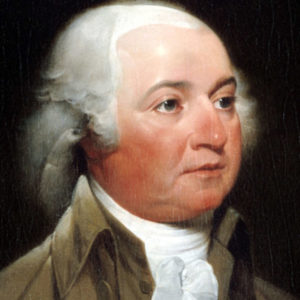
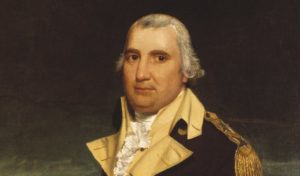
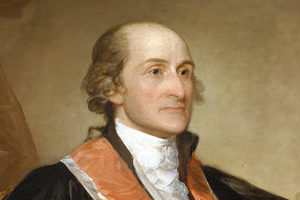
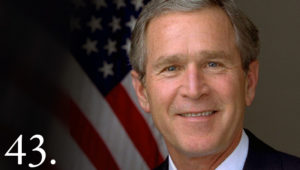
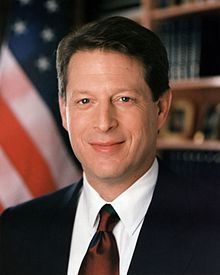


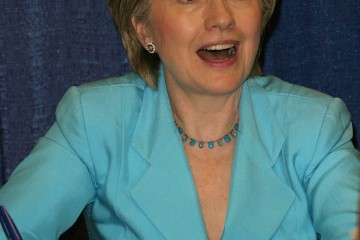
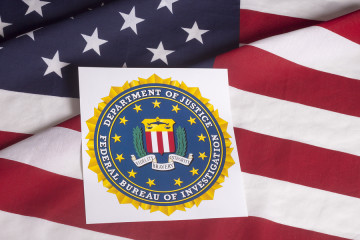

No Comment